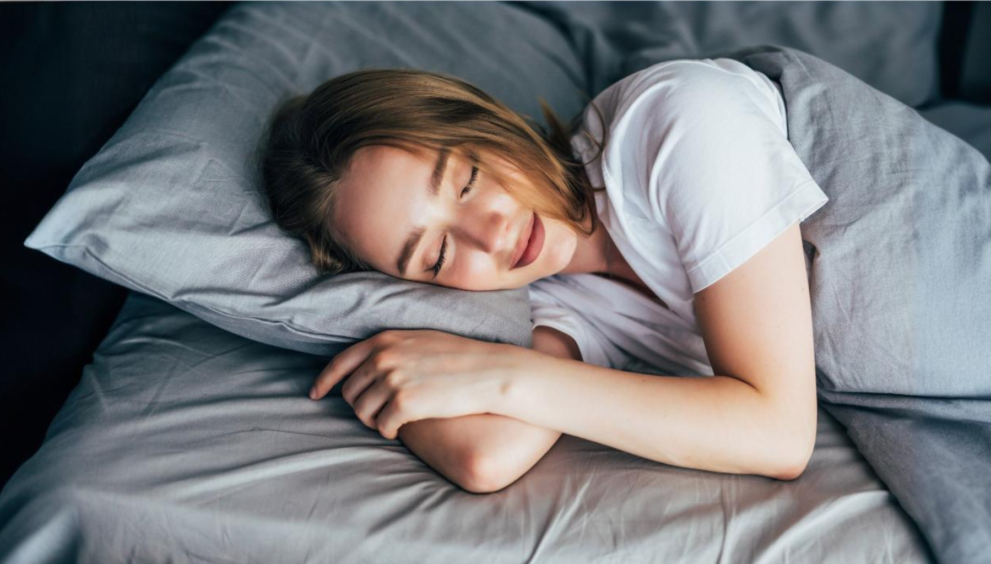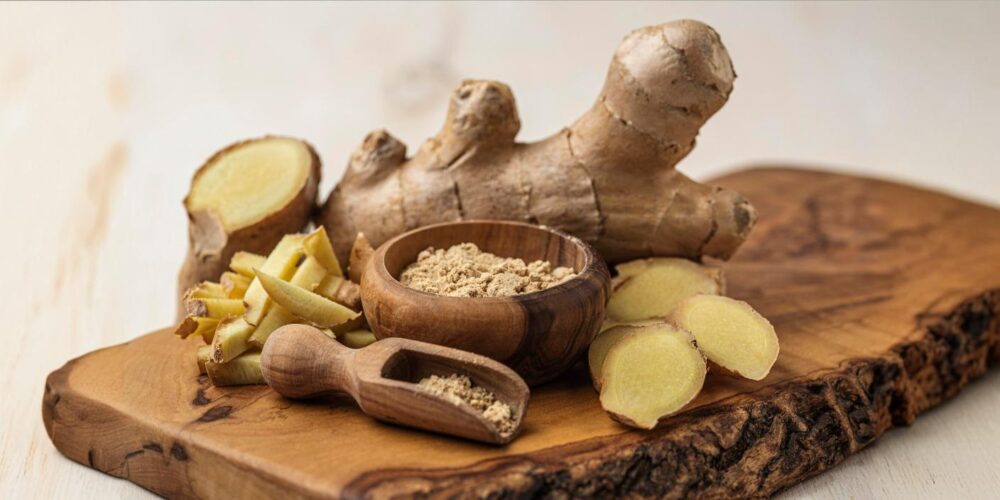EXPLAINER: Early birds vs night owls – who scores higher on brain performance?
A study by Imperial College London found a link between sleep preferences and brain function, suggesting that night owls tend to have higher cognitive scores
Author
Author
- admin / 1 year

- 0
- 4 min read

Author
Ancient wisdom dictates that going to bed early and waking up in the wee hours is good for health, wealth and happiness. We have all heard the famous saying by Benjamin Franklin since we were kids “Early to bed, early to rise makes a man healthy, wealthy, and wise.”
But is that all true? Does the early bird catch the worm or does the night owl get the mouse?
Early risers v night owls
Those who adhere to this age-old adage and wake up early are often referred to as “morning larks” or “early birds.” But then there are “night owls” who are hard-wired by birth, to stay awake until late into the night and wake-up when the world is already bustling with activity.
Just as people are naturally inclined to be left or right-handed or naturally adept at physical skills such as swimming, they can also be predisposed to staying up late or waking up early to work. However, unlike your dexterity, your sleeping habits can change as you age. Children who start out as larks could become night owls around puberty. By their 20s they are somewhere in between or remain lifelong owls.
So, what is better?
While being an early bird is appreciated and night owls are often scoffed at, there are pros and cons to both.
Not many know that those with biological clocks favouring late sleep and wake times are better equipped to handle tasks that require higher levels of cognitive ability. The timing of one’s sleep has little effect on one’s health as long as the quantity and quality of sleep is not compromised.
A study conducted by Imperial College of London on sleep and brain performance has found a link between an individual’s preference for morning and evening activity and their brain function, suggesting that ‘night-owls’ generally tend to have higher cognitive scores. The cognitive ability was assessed for tasks such as memory, reasoning and speed of processing information.
“Evening types, or owls, scored about 13.5% higher than morning types in one group and 7.5% higher than morning types in another group. Intermediate sleepers – a mixture of both- also did better, scoring around 10.6% and 6.3% higher than morning types in the two groups,” the survey involving 26,000 individuals found. “These differences were highly significant, meaning they are very unlikely to be due to chance,” the report added.
So, should you now start sleeping late?
Not really.
According to experts in the Imperial College study, it’s extremely crucial to understand and work with one’s natural sleep tendencies. One’s natural circadian rhythm can be trained but not significantly altered. Further, both sleeping excessively and being sleep deprived are bad for health. We need a right amount of rest to maintain brain health.
It’s also important to know that a predisposition to being an owl is also accompanied by a predisposition to developing type 2 diabetes, which could actually be the result of disruption of the sleep-inducing hormone, Melatonin.
Diabetes has been linked to lower cognitive ability.
“The night owls may exhibit superior cognitive ability when they hit their early 20s. However, if they continue being night owls without exercising caution to ensure that associated health concerns that they are susceptible to, do not manifest, they will eventually begin experiencing cognitive decline,” Dr Bhimasena Rao R. S., Consultant-Pulmonologist, at Fortis Hospital in Bengaluru told FirstCheck.
Thus, while the Imperial College study definitely portrays night owls in a positive light, one also has to be mindful of the past studies linking late sleepers to increased susceptibility to mental health issues. Once a night-owl behaviour crosses a certain threshold, one could begin to experience physical and mental health issues, and one’s cognitive abilities, no matter how sharp, could begin a downward spiral.
Also read: Fact-check: The connection between sleep and feeling young – First Check









